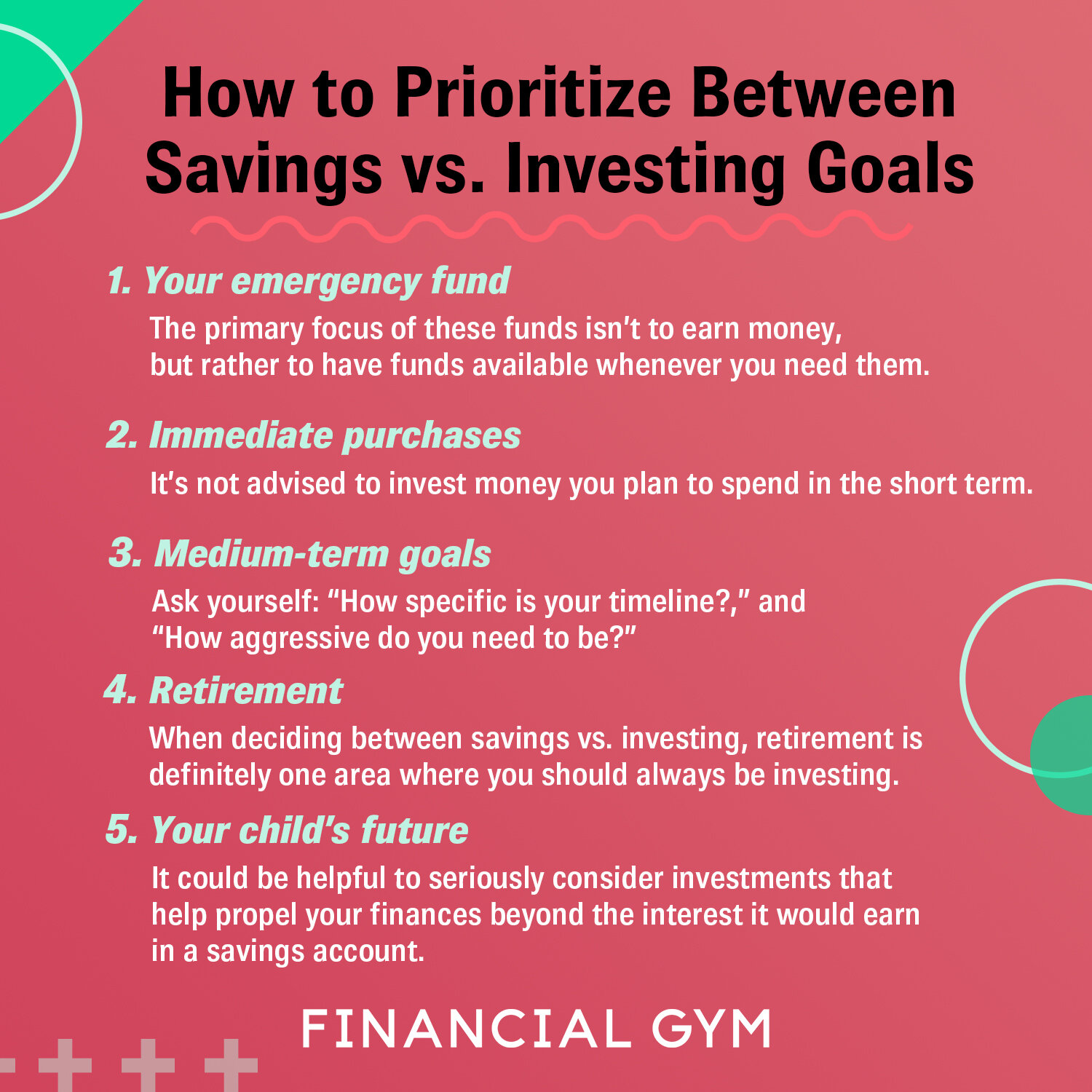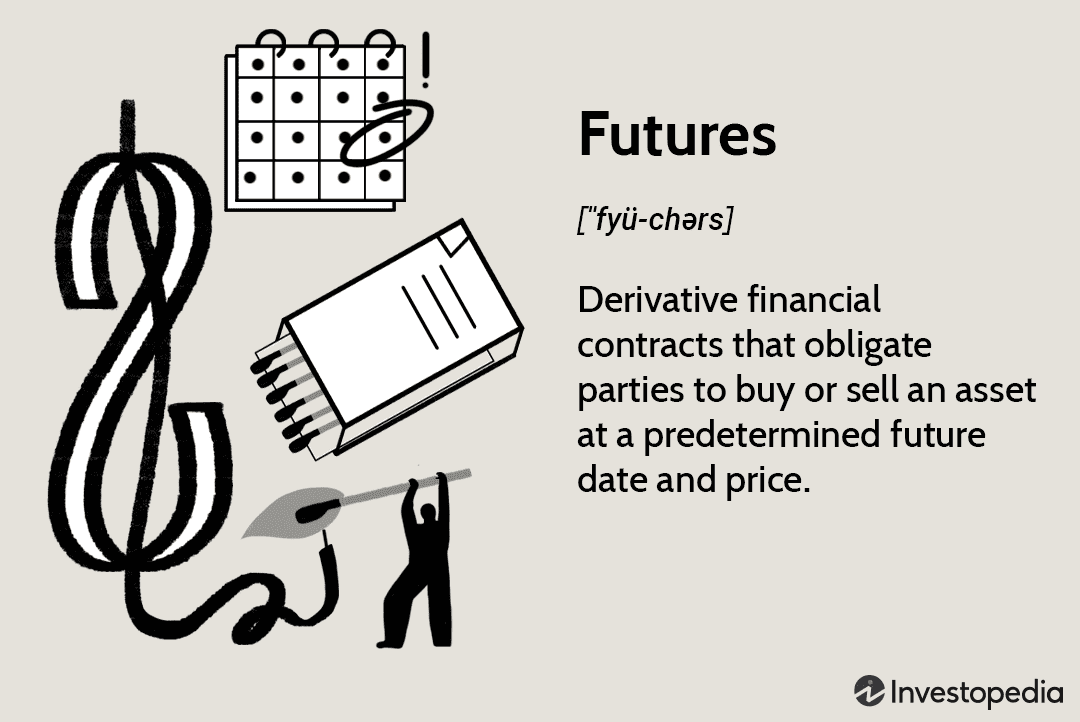
Real estate investing for retirement can help diversify your financial portfolio, while also providing a higher return than average dividend income or bonds. Real estate is also a tax-efficient way to invest in retirement. If you're ready to get started, you can begin by dabbling in this investment. You can read real estate articles to learn more about this investment if you like it. Once you have some knowledge, you are ready to dive in.
Renting out real estate in retirement yields a higher yield than current bond yields and dividend income.
Steve Irwin - executive vice president at the National Reverse Mortgage Lenders Association - states that U.S. homeowners 62 and older have $6.8 billion in home equity. This could assist them with their retirement costs. Many retirees fear running out of money before they reach retirement age. You have an option. Buying investment property will provide a higher annual return than current bond yields or dividend income. Start small by renting your spare bedroom to Airbnb or purchasing an apartment.
High-yield stocks that are publicly traded often have lower capital and management costs, greater diversification, stronger management, and more access to the public market. Furthermore, high yield stocks have a higher risk-adjusted level of leverage than private rental property. The triple net lease REIT W. P. Carey issued EUR525 millions in aggregate principal amount of 0.950% Senior Notices due 2030. Rarely does a private investor in rental property have such low fixed interest rates.

It diversifies your portfolio
There are many advantages to real estate. It diversifies your portfolio, making it more stable in the long-term. It offers higher yields than other types investments. A well-diversified portfolio with real estate is more likely than traditional stock portfolios to yield higher returns. But real estate investments are risky. You should research them before making any investment. For making decisions about diversification, a financial advisor can be a great resource. A website like SmartAsset.com can match you with advisors in your area. Once you have selected advisors, you are able to interview them and pose questions.
When combining different types of investments, you are ensuring that your assets are not overly dependent on one type of asset. Diversifying your portfolio can reduce risk and increase long-term returns. Blue Mountain Financial Planning, LLC founder Hannah Szarszewski, is an expert on this topic. She incorporates financial coaching into the planning process and works with clients of all ages and backgrounds. Hannah Szarszewski - CFP(r) can be reached to learn more about creating a strong retirement portfolio.
It offers flexibility
There are many options available when it comes investing in real property. SEPs may be a good option for self-employed realty agents. SEPs have a similar structure to traditional IRAs. However, they allow for a higher annual maximum contribution than traditional IRAs. SEPs let business owners make contributions to employees’ accounts, but not their own. If you want to help your employees retire while still taking care of your financial needs, a SEP could be a great option.
Real estate can be a source of income for retirement planning. An apartment or vacation home can be used to provide income as a rental property. Rent out your vacation home to tenants or rent it out on a monthly basis. It is possible to purchase a mountain cabin and use it as a getaway. Then, rent it out when you are not using it. This type of investment provides you with flexibility as well as security for your entire life.

It is a tax-efficient way to invest.
The tax basis will be the biggest difference between renting and owning a taxable property. Rental real estate can have a tax basis that goes to work, allowing you to claim deductions for the property's value. However, a financial asset's basis is dormant, meaning it can be worthless for many decades or even your whole life. In most cases, you should house your real estate in a taxable account.
Taxes are inevitable. Taxes are inevitable. You might be able ignore them until the tax season arrives. You might not have enough time or the right knowledge to develop an efficient investment strategy. According to the Schwab Center for Financial Research tax is one of the major determinants in returns. Making the right investment decisions can help you minimize taxes and still reap the benefits of tax-efficient investments.
FAQ
How can someone lose money in stock markets?
The stock market isn't a place where you can make money by selling high and buying low. It's a place you lose money by buying and selling high.
The stock market is for those who are willing to take chances. They may buy stocks at lower prices than they actually are and sell them at higher levels.
They hope to gain from the ups and downs of the market. If they aren't careful, they might lose all of their money.
What's the difference between a broker or a financial advisor?
Brokers are specialists in the sale and purchase of stocks and other securities for individuals and companies. They take care of all the paperwork involved in the transaction.
Financial advisors can help you make informed decisions about your personal finances. They use their expertise to help clients plan for retirement, prepare for emergencies, and achieve financial goals.
Banks, insurance companies or other institutions might employ financial advisors. They can also be independent, working as fee-only professionals.
It is a good idea to take courses in marketing, accounting and finance if your goal is to make a career out of the financial services industry. It is also important to understand the various types of investments that are available.
How Does Inflation Affect the Stock Market?
Inflation can affect the stock market because investors have to pay more dollars each year for goods or services. As prices rise, stocks fall. Stocks fall as a result.
What is security in a stock?
Security is an investment instrument whose value depends on another company. It could be issued by a corporation, government, or other entity (e.g. prefer stocks). If the asset's value falls, the issuer will pay shareholders dividends, repay creditors' debts, or return capital.
Statistics
- The S&P 500 has grown about 10.5% per year since its establishment in the 1920s. (investopedia.com)
- "If all of your money's in one stock, you could potentially lose 50% of it overnight," Moore says. (nerdwallet.com)
- Individuals with very limited financial experience are either terrified by horror stories of average investors losing 50% of their portfolio value or are beguiled by "hot tips" that bear the promise of huge rewards but seldom pay off. (investopedia.com)
- US resident who opens a new IBKR Pro individual or joint account receives a 0.25% rate reduction on margin loans. (nerdwallet.com)
External Links
How To
How do I invest in bonds
An investment fund is called a bond. They pay you back at regular intervals, despite the low interest rates. These interest rates are low, but you can make money with them over time.
There are many different ways to invest your bonds.
-
Directly purchase individual bonds
-
Purchase of shares in a bond investment
-
Investing through a bank or broker.
-
Investing via a financial institution
-
Investing through a pension plan.
-
Invest directly through a broker.
-
Investing through a mutual fund.
-
Investing in unit trusts
-
Investing through a life insurance policy.
-
Investing with a private equity firm
-
Investing through an index-linked fund.
-
Investing through a Hedge Fund